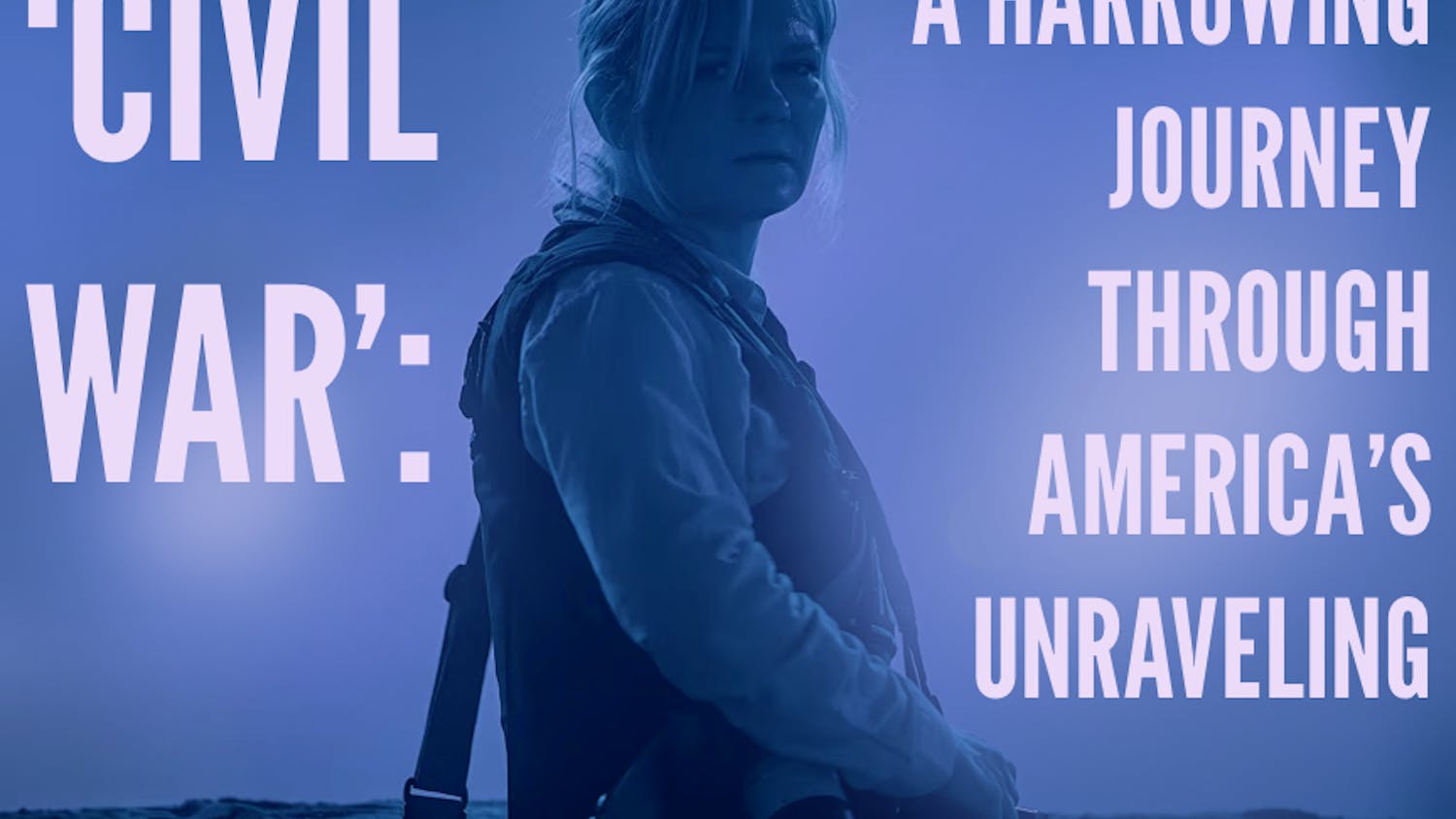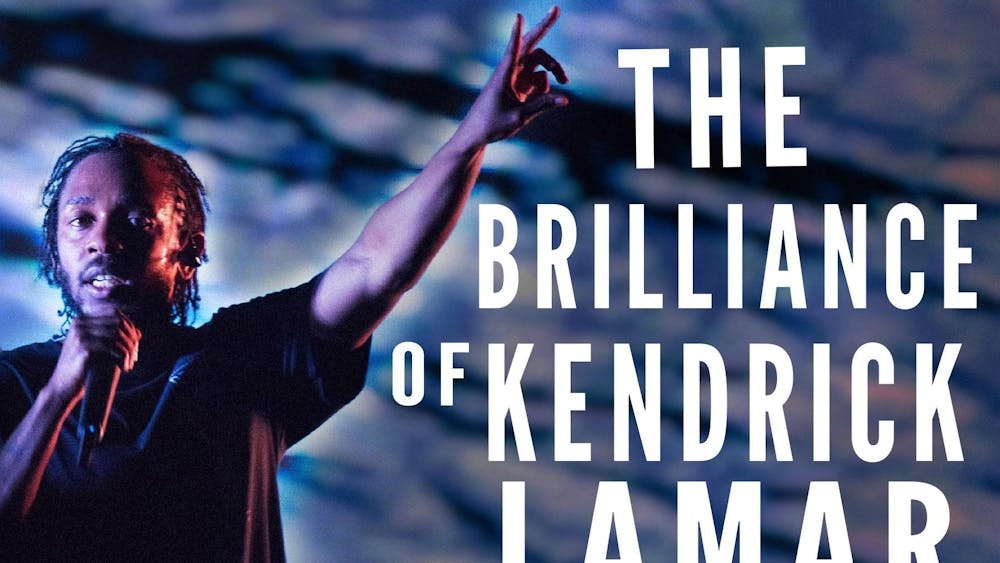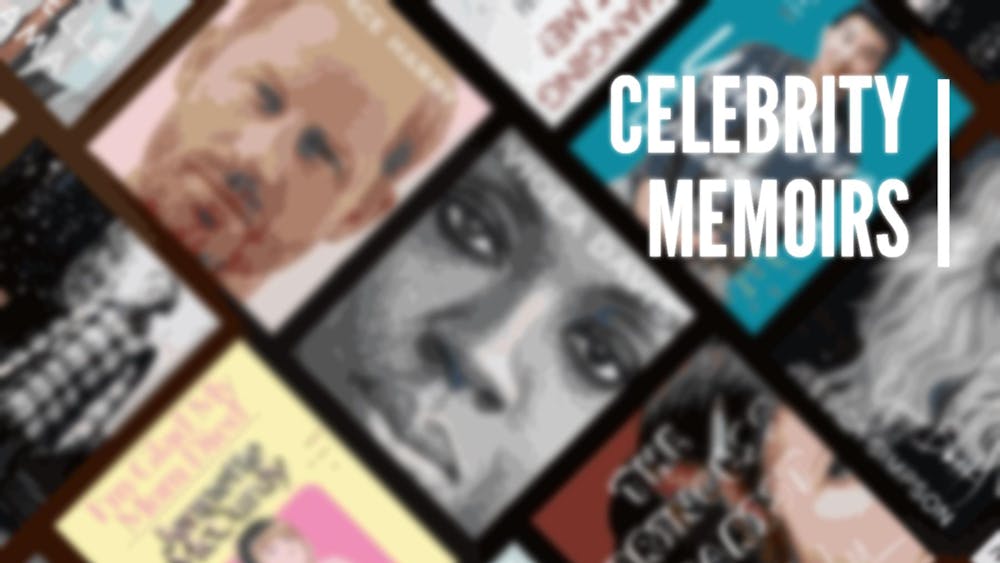
“Divergent” may have been number one in the box office this past weekend, but it fails to diverge from the dystopian plotline that has recently become a cliché. A girl grows up in an oppressive society. She realizes her society is oppressive and rebels. She happens to have flawless skin and high cheekbones. Her defiant spirit wins the heart of her chiseled male comrade.
Dystopian novels used to be novel. My obsession with dystopias started in middle school when my English teacher assigned “The Giver” for summer reading. I was hooked. The book was not overly creepy, but it was creepy enough to make me curious about the old man with the memories. I was intrigued by the alien, totalitarian society, in which students were assigned careers much like wizards in “Harry Potter” were assigned houses.
When I gleefully graduated to the young adult section of the library, I fell in love with the “Uglies” trilogy ⎯ a summer must-read for any eighth-grade female. In the “Uglies” world, a girl lives with other ugly ⎯ also known as normal-looking ⎯ people until her 16th birthday. Then, she gets an operation from the government that makes her a mindless “pretty,” so that she can go live on the other side of the river and party her life away. Spoiler alert: The heroine finds a group of runaway “uglies” and helps them stop the government from cutting down forests.
This book became wildly popular with feminists and tree-huggers. I personally liked the idea that pretty people are not to be envied because they are government-controlled robots. The reason this series has not yet been made into a blockbuster is probably that Hollywood cannot figure out how to film “Uglies” without using ugly actors. There’s no Oscar for frizziest hair.
As I graduated from middle to high school, I started reading more mature, disturbing works in my English classes, such as “Fahrenheit 451” and “1984.” Instead of focusing solely on plot, we analyzed the texts’ political messages. “Fahrenheit 451” taught me that I was lucky to live in a society with a government that didn’t burn my books. “1984,” on the other hand, made me wonder if I was choosing to do a workout video or if the government was forcing me to do it. It justified my opinion that in order to exercise my freedom, I had to refrain from exercising. Needless to say, it became one of my favorite books, especially on lazy pajama days.
Unfortunately, my love of dystopias was destined to end. When I read “The Hunger Games,” I had the strange feeling that I had read the series before. While plowing through “Divergent,” I started confusing the main character Tris with Katniss. I felt guilty at first, as if I had called my friend by the wrong name, but then I realized that it was an honest mistake ⎯ the names rhyme, and the girls are arguably interchangeable. Moreover, the covers of their respective books both picture fiery, circular shapes. How’s a reader supposed to keep the books straight?
I did not want to admit it, but I had become disillusioned with dystopias. I tried forcing myself to read Stephanie Meyer’s “The Host,” but I couldn’t conjure up enough care to finish. I shut the book without marking my place. My chapter with dystopias was over.
I’ve learned that dystopias can float my boat from time to time, but when I try to swim in a stream of dystopias, I drown. I’m not dissing dystopias forever; in fact, I envy those who are still in their dystopian phase. The moral of the story is: Enjoy your dystopias while you can. You can only delight in “Divergent” for so long.













